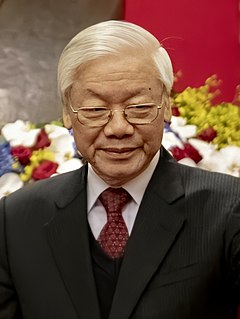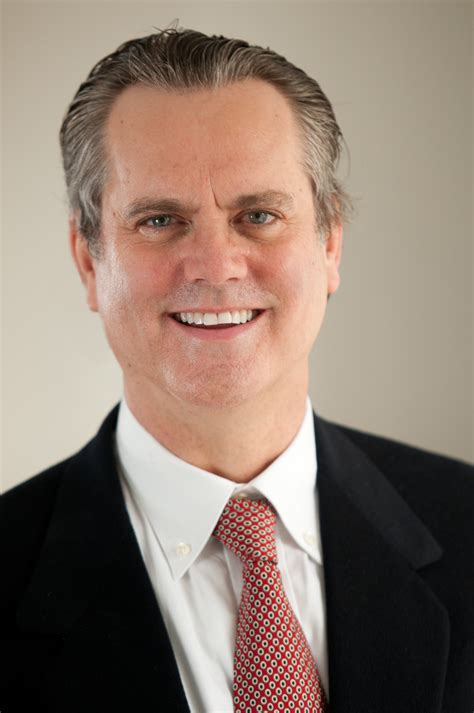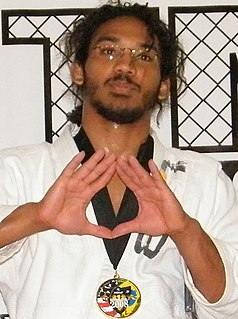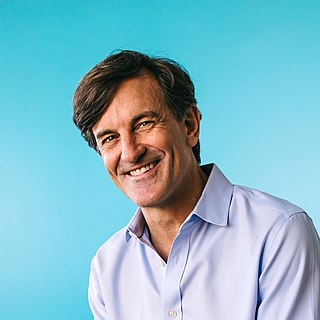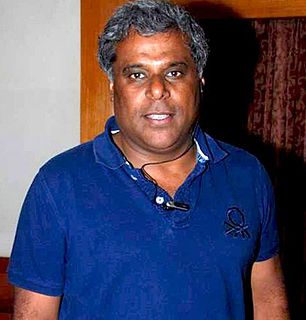A Quote by Richard A. Falk
Our sense of the free market is variable, shifting from a more welfare-oriented model after the Great Depression to a capital-driven market after the collapse of socialism as a viable alternative.
Related Quotes
My father always said 'There's no free lunch.' My father was right. There's no free lunch and there's no free market. The market is rigged, the market is always rigged, and the rigging is in favour of the people who run the market. That's what the market is. It's a bent casino. The house always wins.
The recurrence of periods of depression and mass unemployment has discredited capitalism in the opinion of injudicious people. Yet these events are not the outcome of the operation of the free market. They are on the contrary the result of well-intentioned but ill-advised government interference with the market.
Technology and television didn't dictate one path or the other - it was civil society and public policy intervening in creating alternative funding models. So I think that's one of the questions for our time: do we want to intervene in this model or completely acquiesce and leave it to the unfettered, not-actually-that-free market? Neither path is inevitable.
Fair Trade is a market-based, entrepreneurial response to business as usual: it helps third-word farmers developing direct market access as well as the organizational and management capacity to add value to their products and take them directly to the global market. Direct trade, a fair price, access to capital and local capacity-building, which are the core strategies of this model, have been successfully building farmers' incomes and self-reliance for more than 50 years.
The great virtue of free enterprise is that it forces existing businesses to meet the test of the market continuously, to produce products that meet consumer demands at lowest cost, or else be driven from the market. It is a profit-and-loss system. Naturally, existing businesses generally prefer to keep out competitors in other ways. That is why the business community, despite its rhetoric, has so often been a major enemy of truly free enterprise.







